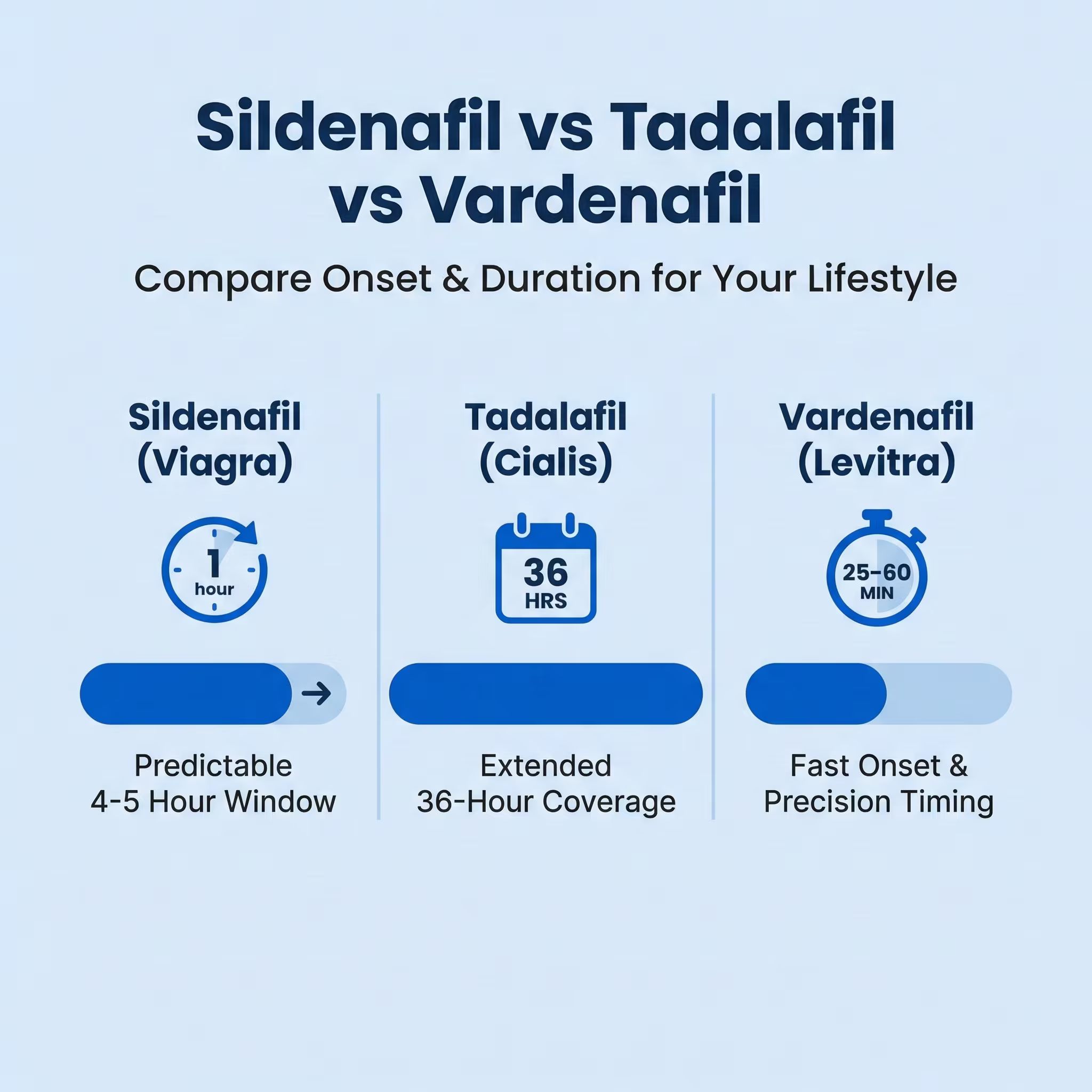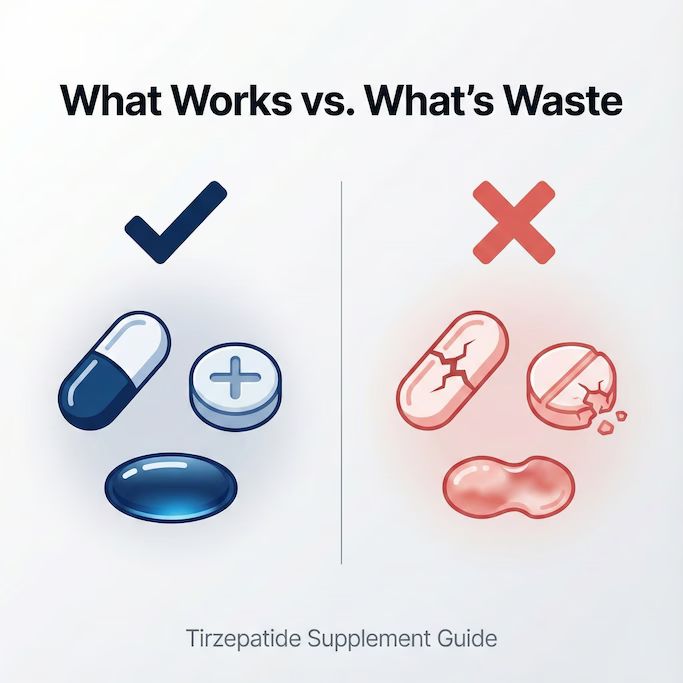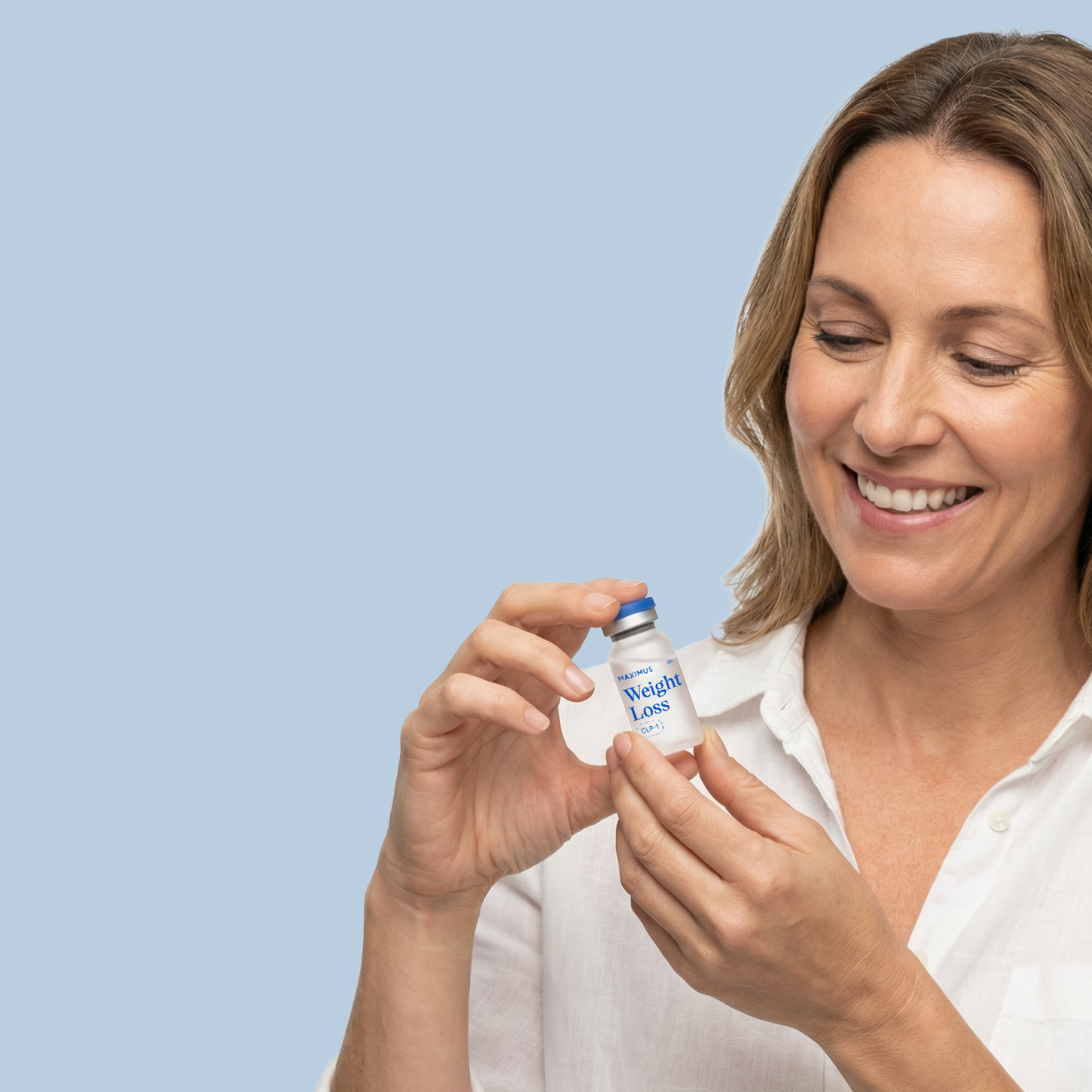Some important takeaways:
- If you're having trouble finishing, you’re not alone — between 5 and 10% of men have trouble climaxing.
- Anorgasmia can have many different psychological and physical causes.
- Treating anorgasmia is often different from one person to the next.
Climaxing is a huge part of what makes sex so good. So when you can’t finish, it can be extraordinarily frustrating.
There’s also the stigma attached to not finishing, which can leave you feeling embarrassed or even a bit emasculated. Anxiety and depression are common too.
In a perfect world, every man could finish, and everyone involved would be left satisfied and happy. But the truth is, your ability — or inability — to finish isn’t a reflection of your prowess. Whether you can’t orgasm at all or you’re experiencing delayed ejaculation, the good news is, treatments exist and this condition is a lot more common than you may think.
Understanding anorgasmia
Anorgasmia is a sexual disorder where a person has trouble reaching orgasm or ejaculating during sex, even when they’re feeling aroused and have enough sexual stimulation. If you have anorgasmia, orgasms may be delayed, infrequent, completely absent, or lacking intensity, even if you’re feeling highly aroused. Research shows that only about a quarter of men routinely orgasm in all of their sexual encounters, and 5-10% experience anorgasmia. Researchers don’t have an amazing understanding of why anorgasmia happens, but they believe a number of physical, psychological, and medical factors may be behind it.
There are two main types of anorgasmia:
- Primary anorgasmia: This is when someone is never able to orgasm. It’s usually an ongoing condition. If you’ve consistently found it impossible to orgasm ever since your first sexual experiences, you probably have primary anorgasmia
- Secondary anorgasmia: This is when someone has trouble orgasming in certain sexual situations. One example is if you have trouble orgasming during sex with a partner, but have no trouble finishing while masturbating. This type of anorgasmia also includes losing the ability to orgasm after years of being able to.
Ok, so what causes anorgasmia in men?
If you’re having trouble finishing, this could be happening for physical or psychological reasons, like hormonal imbalances, medication side effects, stress, or anxiety.
A bunch of different psychological factors could be at play:
- Anxiety: This could include anxiety about your sexual performance, relationship anxiety, and even other factors in your life that might feel completely unrelated to your sex life, like work stress, and cultural or religious factors.
- Depression: When you’re dealing with depression, you might have symptoms like struggling to feel pleasure, fatigue, low libido, and low mood. All of these can contribute to sexual dysfunction. But the reverse is also true: when you’re having trouble reaching climax, you might start to experience symptoms of depression.
- Trust issues: Trust issues with your partner could contribute to problems reaching climax. Past traumas or struggles with physical intimacy could also hold you back from reaching orgasm.
You could have trouble finishing because of these physical factors, too:
- Medication side effects: Selective serotonin reuptake inhibitors (SSRIs) are a common type of antidepressant. But did you know they’re also known to cause sexual side effects like reduced libido and inability to reach orgasm? Other medications like opioids, blood pressure medications, and antihistamines may also interfere with your ability to orgasm or cause erectile dysfunction or a low libido.
- Hypogonadism: Sometimes it can be hard to finish if your testosterone levels are too low. You might also experience erectile dysfunction or delayed ejaculation.
- Loss of penile sensitivity: As you get older, your penis may gradually become less sensitive. This is commonly associated with sexual dysfunction in men.
- Hormone issues: Sometimes, hormone levels affect the ability to orgasm. For example, when men have high levels of prolactin — which is a hormone that can impact how the testicles function, among many other roles — they might experience a drop in their sexual desire and experience erectile dysfunction.
- Nerve damage: If specific nerves in your lower body are damaged, there’s a chance you could have trouble finishing. A study found that damage to the pudendal nerve, which runs from the back of your pelvis through the genital area, can lead to anorgasmia and other forms of sexual dysfunction.
Here's how you can diagnose and treat anorgasmia
Because anorgasmia has many different causes, there’s no one-size-fits-all treatment. If you’re experiencing signs and symptoms of anorgasmia, get in touch with a urologist or your primary care provider. They can help assess your symptoms and come up with a treatment plan that works.
Your diagnosis might involve:
- A thorough examination and discussion of your symptoms with your doctor
- A discussion about your health and sexual history with your doctor
- Blood tests
- Ultrasound
Here’s what treating anorgasmia might include:
- Switching medications if a medication you’re taking is contributing to anorgasmia.
- Addressing any existing health issues.
- Psychotherapy or other forms of counseling to address mental health conditions, past trauma, or relationship issues that might be playing a role.
- Sex therapy.
- Hormone therapies, including testosterone replacement therapy.
- Experimentation with different sex positions, sex toys, or masturbation techniques.
Disclaimer: The contents of this article, including, but not limited to, text, graphics, images, and other information, is for information purposes only and does not constitute medical advice. The information contained herein is not a substitute for and should never be relied upon for professional medical advice. The content is not meant to be complete or exhaustive or to be applicable to any specific individual's medical condition. You should consult a licensed healthcare professional before starting any health protocol and seek the advice of your physician or other medical professional if you have questions or concerns about a medical condition. Always talk to your doctor about the risks and benefits of any treatment. Never disregard or delay seeking professional medical advice or treatment because of something you have read on this site. Maximus does not recommend, endorse, or make any representation about the efficacy, appropriateness, or suitability of any specific test, products, procedures, treatments, services, opinions, healthcare providers or other information contained herein. Maximus is not responsible for, nor will they bear any liability for, the content provided herein or any actions or outcomes resulting from or related to its use.










